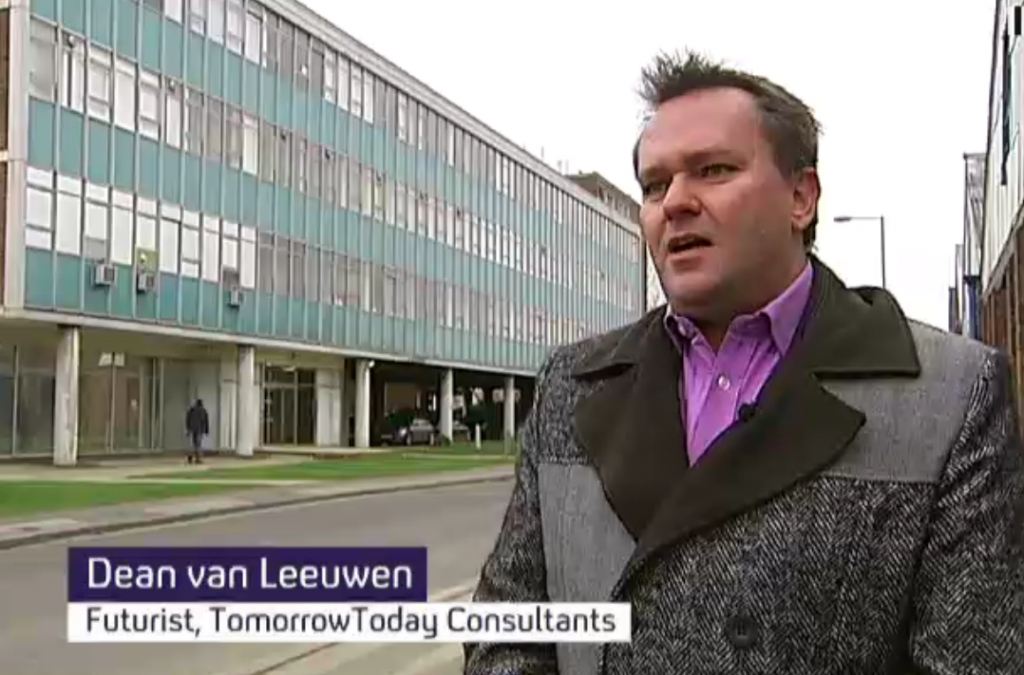Businesses have not changed much over the past 100 years, the structures of work – including the office itself have remained stubbornly old fashioned, even though the nature of work has changed significantly. Most people today work in what is called the knowledge economy, and they bring their brain power (on good days) and laptop to work as the main tools of trade. The thing is with wifi and increasing broadband the office no longer needs to be the primary workplace. And, this is good news. Studies show that companies that allow staff to work from home benefit from higher morel, less absenteeism, lower staff turnover, and higher productivity. The environmental benefits are also huge – less congestion and CO2 emissions. The UK Government has identified the benefits and is encouraging companies to adapt policies and management styles to accommodate higher levels of flexible working. To gain more momentum the government is highlighting the benefits and hopes to use the Olympics as a tipping point. Last week mobile service provider O2 launched the country’s biggest ever flexible working pilot, and employees based at O2’s Slough HQ – a quarter of its 12,000-strong workforce – participated in a flexible working pilot, operating remotely for the day as the doors at the HQ were shut and lights turned off.
Channel 4 News wanted to learn more about why flexible working is good for people and good for businesses and, they came to future world of work experts TomorrowToday for further insights. International Partner Dean van Leeuwen was interviewed by Channel 4 News and you can watch a video of the documentary that was shown at 7pm on Channel 4 News – o2-flexible-working-pilot-ahead-of-olympics




There certainly seems to be more businesses than ever considering flexible working options. Did you know that for the Olympics, 45% of London-based managers are already considering mobile working solutions. As far as we can see, this trend opens up some excellent opportunities for business. Yet, to be effective, businesses planning to introduce flexible working patterns also need to balanced with secure working solutions, so that sensitive data does not become compromised as a result of changing work patterns.